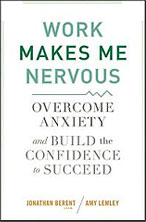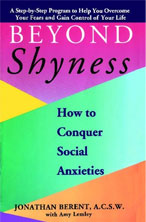Self Esteem
Self-esteem is the core issue in social and performance anxiety. It is important to consider the difference between a person who says, “I have lost three battles” from the one who says, “I am a loser”.
Failure has more to do with one’s self-concept than one’s actual unsuccessful experiences.
The person who suffers from social or performance anxiety misinterprets unsuccessful experiences. Not winning, making mistakes, rejection, and failing at something are too often interpreted as a flaw, or an no the core of the person’s being. Unresolved, uncomfortable emotions from the past are activated by “performance” challenges.
Do you think that great homerun hitters like Babe Ruth, Hank Aaron, Roger Maris, or Barry Bonds are remembered for their strikeouts? As great a basketball player as Michael Jordan is, he missed many more shots than he made. Surely Mick Jagger and Tina Turner missed a few notes in their time. Surely Bill Gates made a few mistakes…
Self-esteem is a sense of liking yourself, liking how you relate to others, feeling personally secure, and not having to prove your manhood or womanhood with external symbols.
Self-esteem Scale
The self-esteem scale below measures how highly you value yourself.
In the past three months indicate how much each of the statements represents the way you think or feel about yourself:
Scoring
|
RELATED PRODUCTS
-

Social Anxiety: The Untold Story
-
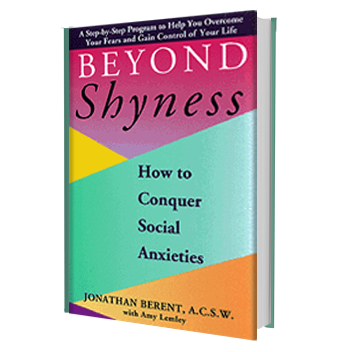
Beyond Shyness: How To Conquer Social Anxieties
-
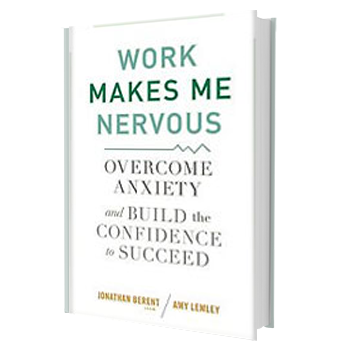
Work Makes Me Nervous
-
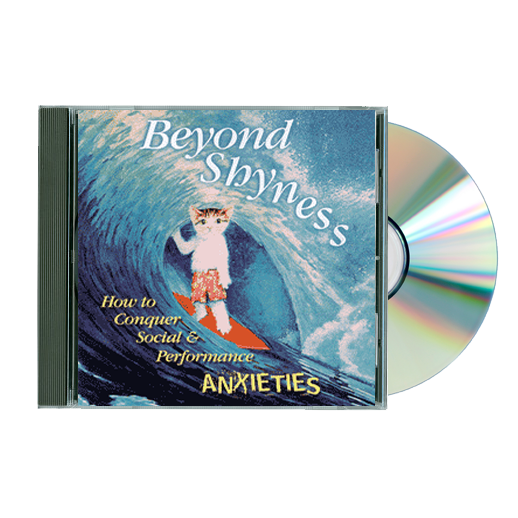
Comprehensive Self-Therapy Audio Program
-

Selective Mutism Seminar Audio CD/MP3 Program
-
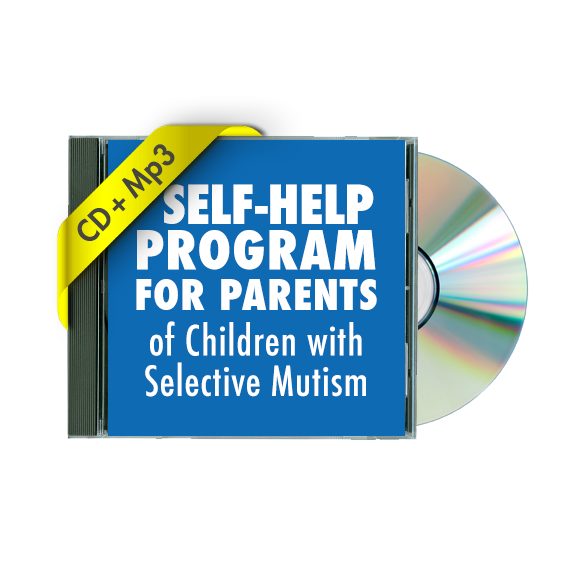
Self-Help Program for Parents of Children with Selective Mutism
-

Free Sociability Questionnaire
-
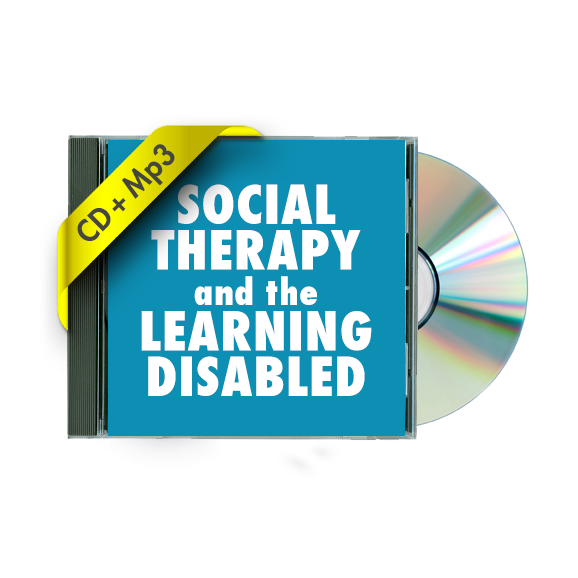
Social Therapy and The Learning Disabled
Self-Help and Treatment Options
- Free Audio CD from Social-Anxiety.com
- Social Anxiety: The Untold Story
- Beyond Shyness: How To Conquer Social Anxieties
- Work Makes Me Nervous
- Comprehensive Self-Therapy Audio Program
- Public Speaking Anxiety Self-Therapy Audio Program
- “Warm Hands Cool Face” A Self-Help Clinical Program for Blushing Anxiety & Erythrophobia
- The Berent Method: High Performance Therapy for Social-Anxiety
- Telephone/skype therapy available worldwide
- Selective Mutism Seminar Audio CD/MP3 Program
- Self-Help Program for Parents of Children with Selective Mutism
- The Sociability Questionnaire
- Tip of the Month Club
- Social Therapy and The Learning Disabled
- Free Parent Addiction Survey



